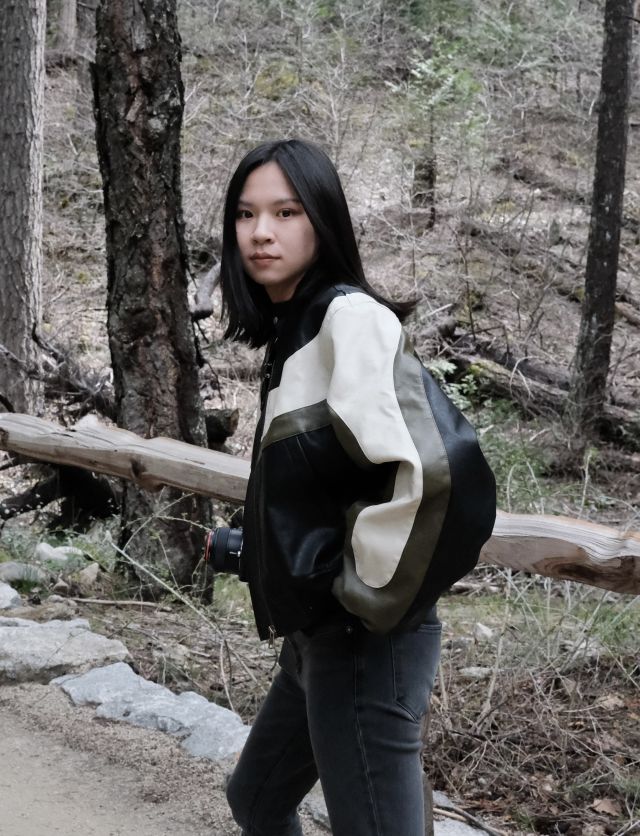
UCSB student Ruei-Jie Chang , Winner of the Mellichamp Mind and Machine Intelligence's 2024 AI/Human Short Story Creativity Contest
Stargazers by Ruei-Jie Chang (open PDF below)
Artist Statement:
This short story represents a collaborative effort between myself, ChatGPT, and Claude 3. However, as this work explores the core ambiguity surrounding the concepts of genuine and artificial creativity, I would say that it is inherently challenging to definitively pinpoint the origin of creation for this literary work.
Given that my ideas and writing are shaped by my past life experiences and reading history, and considering that these textual inputs are subsequently fed into large language models via chatbot interfaces, where they are deconstructed into tokens and processed through methods that remain largely opaque to us, how can we ascertain the extent of external influences beyond my subjective creativity? Furthermore, when the term creativity itself lacks a static definition, how can we authoritatively claim that one work is born of creativity while another is not, or even assert that humans possess creativity while AI, in a loosely defined sense, does not?
My creative process and intention for Stargazers aim to address the prevalent discourse suggesting that AI lacks creativity due to being programmed. It is crucial to recognize that creativity does not exist in a vacuum, even for humans. It is facilitated by past experiences, the collective experiences of others, and historical context, among other factors. In this light, the creativity exhibited by all the stargazers in the story, which is manifested through the generation of novel associations and patterns based on training data, information stored in their memory since activation, or even real-time information acquisition, may not be fundamentally distinct from the traditional sense of human creativity, whatever that truly means.
Summary statement
The creation process began in a science fiction short story class, where the professor instructed us to pick an activity or hobby of our own choice and input a prompt into ChatGPT. The prompt was “What would a robot (or AI) find interesting about ______?” and I filled in “star gazing.” From there, I began to conceptualize the story based on some points that ChatGPT highlighted, such as pattern recognition, data analysis, and the theme of creativity.
During the actual writing process, I primarily used AI tools for translation purposes. As a Taiwanese, English is not the only language in my mind. Instead, I found it most natural and efficient to code-switch between Mandarin and English while thinking and writing, so I adopted that approach. After completing the first draft of the story, I used Claude 3 to help me organize everything into English, which I then revised and edited to achieve the desired style. Aside from using Claude 3 for translations, I occasionally employed both ChatGPT and Claude 3 for minor tasks such as filling in descriptive adjectives for scenes or providing different word choice options. However, overall, the core content and message conveyed in this piece were conceived before interacting with AI models.